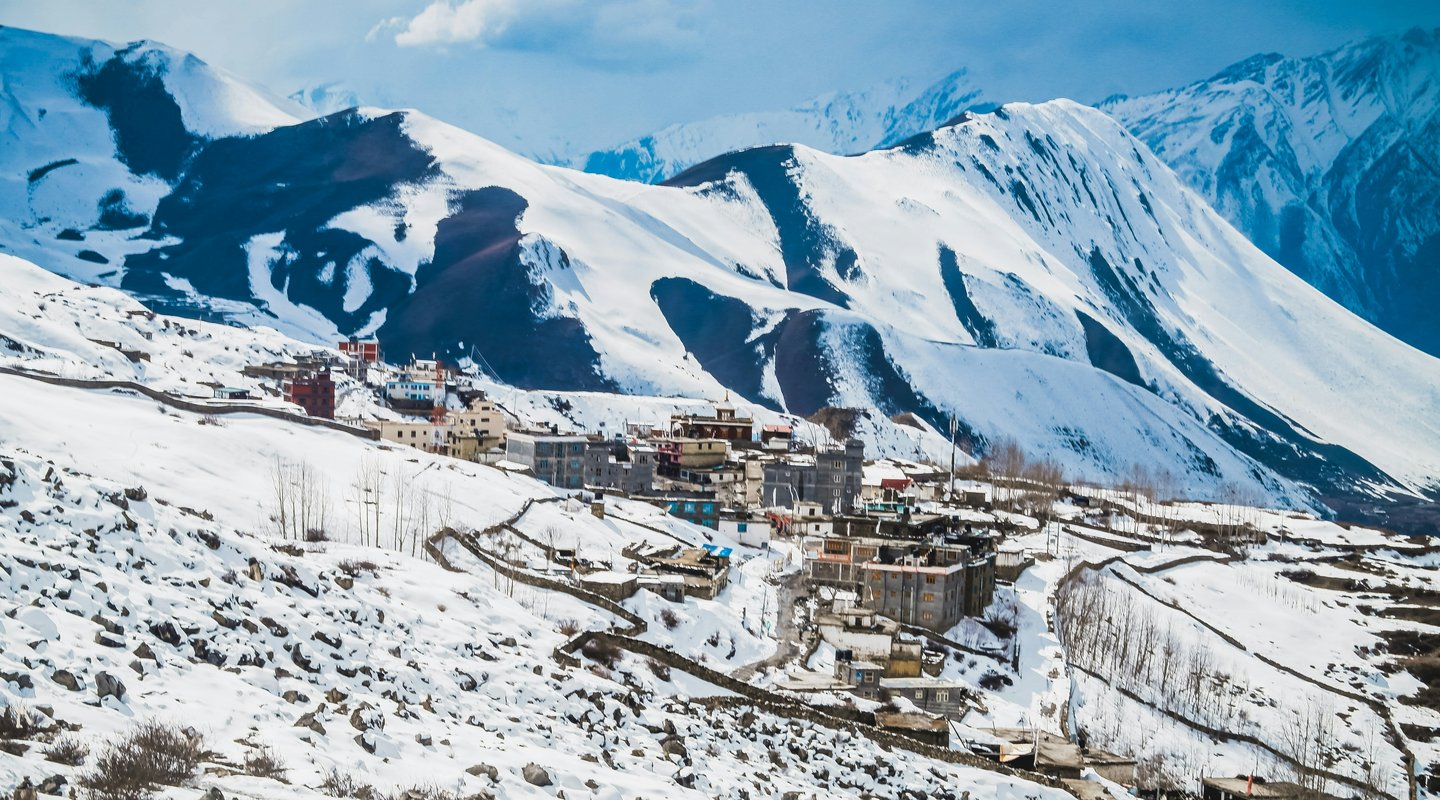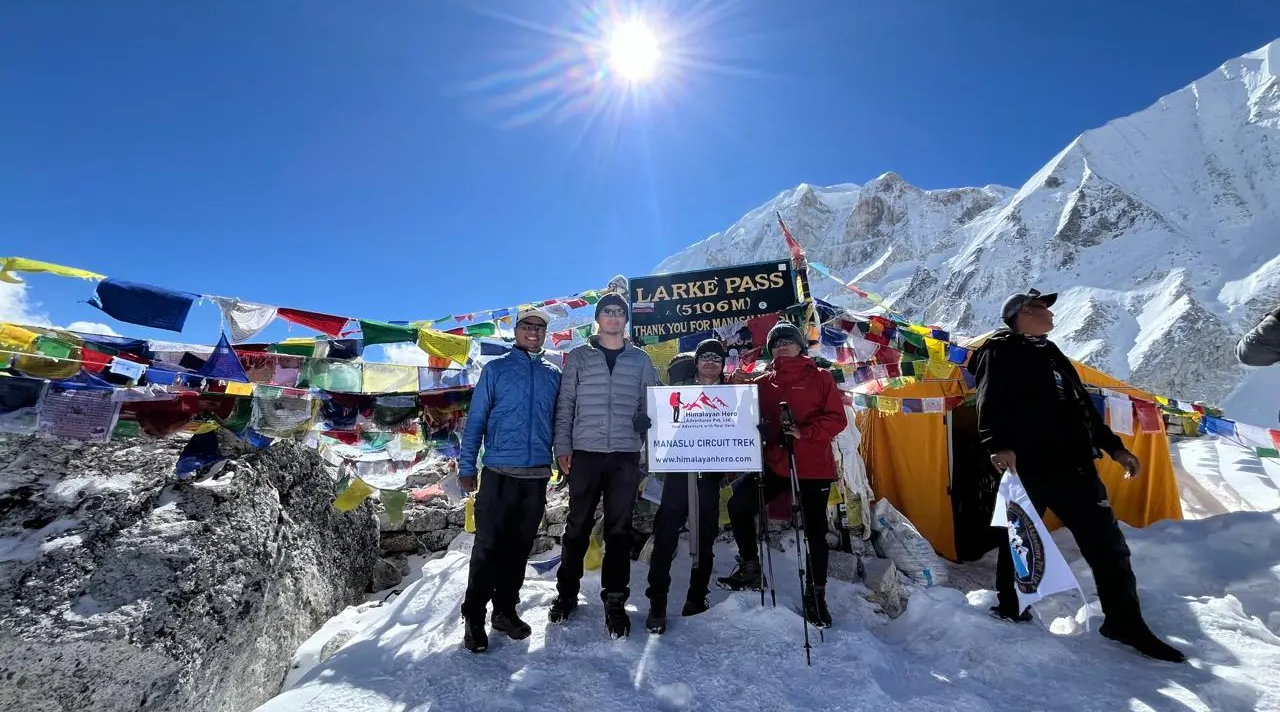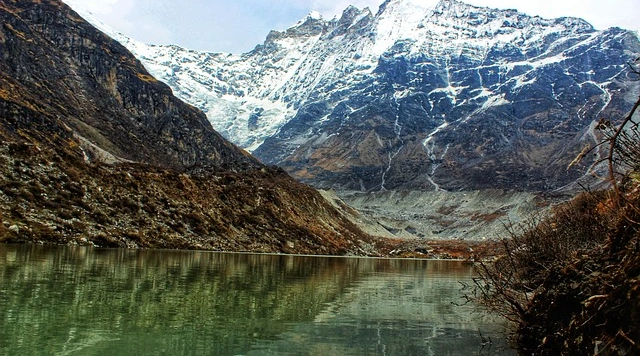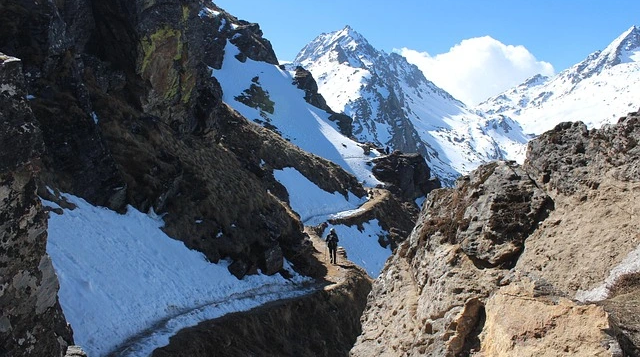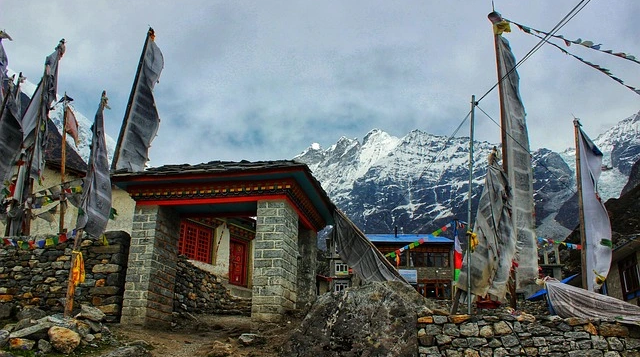Planning an adventure to the mystical Upper Mustang region? Understanding how to get permits for Upper Mustang is crucial for accessing this restricted trans-Himalayan plateau. This comprehensive guide will walk you through the essential ACAP (Annapurna Conservation Area Permit) and RAP (Restricted Area Permit) requirements, ensuring your journey to the forbidden kingdom proceeds smoothly.
Understanding Upper Mustang's Permit System
Upper Mustang, often called the "Last Forbidden Kingdom," requires specific permits due to its sensitive location near the Tibet border and its protected status as a conservation area. The region's unique Tibetan Buddhist culture, ancient monasteries, and stunning landscapes make it a coveted destination for adventurers seeking an authentic Himalayan experience.
Why Permits Are Required
The permit system serves multiple purposes:
- Conservation Protection: Preserving the fragile ecosystem and cultural heritage
- Tourism Regulation: Managing visitor numbers to prevent overcrowding
- Border Security: Maintaining security along the sensitive Tibet-Nepal border
- Cultural Preservation: Protecting traditional Tibetan Buddhist monasteries and way of life
The Two Essential Permits for Upper Mustang
1. Annapurna Conservation Area Permit (ACAP)
The Conservation Area Permit is mandatory for all visitors to the Annapurna region, including Upper Mustang. This permit supports conservation efforts and community development programs.
ACAP Requirements:
- Cost: NPR 3,000 (approximately USD 25) for foreigners
- Validity: Valid for the duration of your stay in the conservation area
- Purpose: Environmental conservation and community development
- Coverage: Entire Annapurna Conservation Area, including Upper Mustang
Documents Required for ACAP:
- Valid passport with a Nepal visa
- 2 passport-size photographs
- Completed application form
- Travel insurance certificate (recommended)
2. Restricted Area Permit (RAP)
The restricted area permit is specifically required for Upper Mustang due to its status as a restricted zone. This permit is more complex and expensive than the ACAP.
RAP Requirements:
- Cost: USD 500 for the first 10 days, then USD 50 per additional day
- Minimum Group Size: 2 people (solo travelers need to find a partner)
- Validity: Specific dates mentioned in the permit
- Guide Requirement: Licensed guide mandatory
- Coverage: Upper Mustang restricted area beyond Kagbeni village
Step-by-Step Process: How to Get Permits for Upper Mustang
Step 1: Planning and Documentation
Before applying for permits, ensure you have:
- Valid passport with at least 6 months validity
- Nepal tourist visa
- Travel insurance
- Confirmed itinerary
- Travel partner (for RAP requirement)
Step 2: Choosing Your Application Method
Option A: Apply Through a Licensed Trekking Agency
- Most convenient and recommended method
- The Agency handles all paperwork and requirements
- Includes licensed guide arrangement
- Often bundled with accommodation and logistics
Option B: Apply Independently
- More time-consuming but potentially cost-effective
- Requires visiting multiple offices
- Need to arrange a licensed guide separately
- Must handle all documentation personally
Step 3: ACAP Application Process
In Kathmandu:
- Visit the Nepal Tourism Board office in Bhrikutimandap
- Submit the required documents
- Pay the permit fee
- Receive a permit the same day
In Pokhara:
- Visit the ACAP office in Damside
- Follow the same documentation process
- Convenient if starting journey from Pokhara
Step 4: RAP Application Process
Requirements:
- Apply through a licensed trekking agency (mandatory)
- Submit group details (minimum 2 people)
- Provide a detailed itinerary
- Arrange a licensed guide
- Pay permit fees
Processing Time:
- Typically 2-3 working days
- Rush processing is available for an additional fee
- Plan accordingly for weekend delays
Essential Tips for Permit Applications
Timing Your Application
Best Time to Apply:
- Spring Season (March-May): Apply 2-3 weeks in advance
- Autumn Season (September-November): Apply 3-4 weeks in advance
- Winter/Summer: More flexibility, but weather considerations
Common Mistakes to Avoid
- Insufficient Documentation: Always carry extra passport photos
- Date Flexibility: Permits are date-specific; changes require reapplication
- Group Requirements: Ensure your travel partner is committed
- Guide Arrangements: Confirm licensed guide availability
Cost Breakdown
Per Person Costs:
- ACAP: NPR 3,000 (~USD 25)
- RAP: USD 500 (first 10 days) + USD 50 per additional day
- Processing fees: USD 20-40 (if using the agency)
- Guide fees: USD 25-35 per day
What to Expect During Your Upper Mustang Journey
Key Destinations Your Permits Cover
Kagbeni Village: Gateway to Upper Mustang
Lo Manthang Walled City: The Ancient Capital
- Former capital of the Mustang kingdom
- 15th-century fortified city
- Royal palace and monasteries
Muktinath Temple: Sacred Pilgrimage Site
- Hindu and Buddhist pilgrimage destinations
- Eternal flame and sacred springs
- Spectacular Annapurna Dhaulagiri views
Chhosar Cave Monastery: Ancient Spiritual Site
- Hand-carved caves dating back centuries
- Active monastery with resident monks
- Stunning views of Kali Gandaki Gorge
Unique Experiences Your Permits Unlock
Mustang Sky Caves: Archaeological wonders carved into cliffsides Traditional Festivals: Witness authentic Tibetan Buddhist ceremonies Ancient Trade Routes: Follow historic salt trading paths, High-Altitude Adventures: Experience the trans-Himalayan plateau
Special Considerations for Motorbike Tours
If you're planning a high-altitude motorbike adventure, additional considerations apply:
Motorbike-Specific Requirements
- Vehicle Registration: Ensure proper motorcycle documentation
- Driver's License: International driving permit required
- Insurance: Comprehensive coverage for high-altitude riding
- Chase Van Support: Recommended for gravel road riding conditions
Why Choose a Motorbike Tour?
The Upper Mustang Motorbike Tour offers unique advantages:
- Freedom and Flexibility: Stop at scenic viewpoints and hidden gems
- Adventure Factor: Navigate challenging terrain and experience Rachel Enfield's Himalayan bike inspiration
- Cultural Immersion: Interact with locals in remote villages
- Photographic Opportunities: Capture stunning landscapes and monasteries
Safety Considerations
- Altitude Acclimatization: Gradual ascent to prevent altitude sickness
- Weather Preparedness: Sudden weather changes are common
- Emergency Protocols: Chase van bike tour support recommended
- Communication: Satellite phones for remote areas
Seasonal Considerations for Permit Applications
Spring Season (March-May)
- Weather: Clear skies and moderate temperatures
- Permits: High demand; apply early
- Advantages: Rhododendron blooms and clear mountain views
Autumn Season (September-November)
- Weather: Stable conditions and excellent visibility
- Permits: Peak season; advance booking essential
- Advantages: Festival season and perfect temperatures
Winter Season (December-February)
- Weather: Cold but clear skies
- Permits: Fewer restrictions and quicker processing
- Considerations: Some high passes may be closed
Summer/Monsoon (June-August)
- Weather: Rain shadow effect; less precipitation than other regions
- Permits: Easier availability
- Advantages: Green landscapes and fewer crowds
Common Permit-Related Questions
Can I Extend My Permits?
ACAP Extensions:
- Generally not required for standard itineraries
- Contact the conservation area office if needed
RAP Extensions:
- Possible with additional fees (USD 50 per day)
- Must apply through the original trekking agency
- Requires a valid reason and documentation
What If I Lose My Permits?
Immediate Actions:
- Report to the local police
- Contact your trekking agency
- Visit the nearest Nepal Tourism Board office
- Carry passport photos for replacement
Group vs. Solo Travelers
Group Travelers:
- Easier permit processing
- Cost sharing for the guide and logistics
- Enhanced safety and support
Solo Travelers:
- Must find a travel partner for RAP
- Higher per-person costs
- More complex logistics
Maximizing Your Upper Mustang Experience
Pre-Trip Preparation
Physical Fitness:
- Prepare for high-altitude conditions
- Build endurance for long travel days
- Consider altitude sickness prevention
Cultural Preparation:
- Learn basic Tibetan phrases
- Understand Buddhist customs
- Respect local traditions
During Your Journey
Permit Checkpoints:
- Always carry permits and a passport
- Be prepared for multiple checks
- Maintain a respectful attitude with officials
Photography Guidelines:
- Respect monastery's photography rules
- Ask permission before photographing locals
- Avoid sensitive border areas
Conclusion: Your Gateway to the Forbidden Kingdom
Understanding how to get permits for Upper Mustang is your first step toward an extraordinary adventure in one of the world's most remote and fascinating regions. The ACAP and RAP requirements, while seemingly complex, ensure the preservation of this unique cultural and natural heritage for future generations.
Whether you're planning a traditional trek or an exciting Upper Mustang Motorbike Tour, proper permit preparation is essential. The investment in permits opens doors to experiences that few travelers ever witness: ancient Tibetan Buddhist monasteries, the mystical Lo Manthang walled city, and the breathtaking landscapes of the trans-Himalayan plateau.
The journey through Kagbeni village, along the Kali Gandaki Gorge, and into the heart of the former forbidden kingdom rewards those who navigate the permit process successfully. From the sacred Muktinath Temple to the mysterious Chhosar cave monastery, every destination becomes accessible with proper documentation.
Remember that permits are not just bureaucratic requirements—they're your ticket to preserving and experiencing one of the world's last remaining traditional Tibetan cultures. The funds support conservation efforts, community development, and the maintenance of the unique heritage that makes Upper Mustang so special.
Ready to begin your Upper Mustang adventure? Let the experts at Himalayan Hero guide you through the permit process and create an unforgettable journey to the roof of the world. With proper planning and the right permits, your dream of exploring the Last Forbidden Kingdom can become reality.

